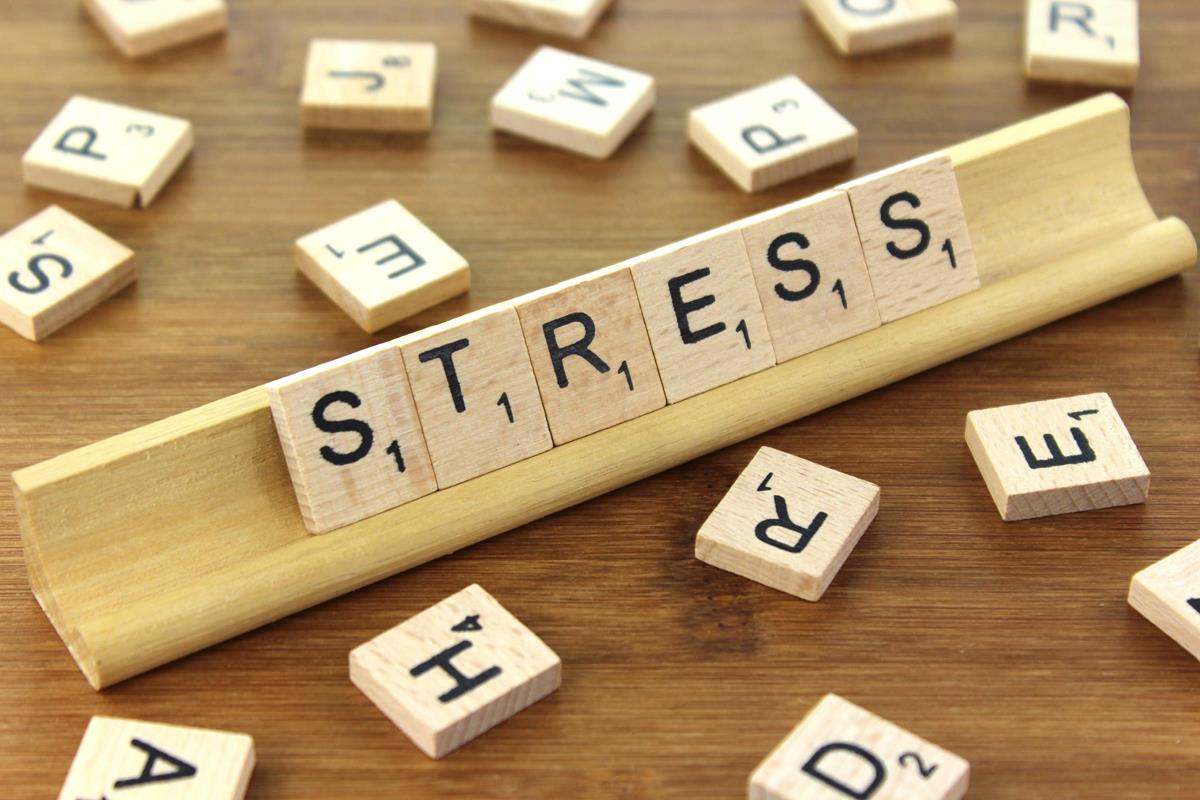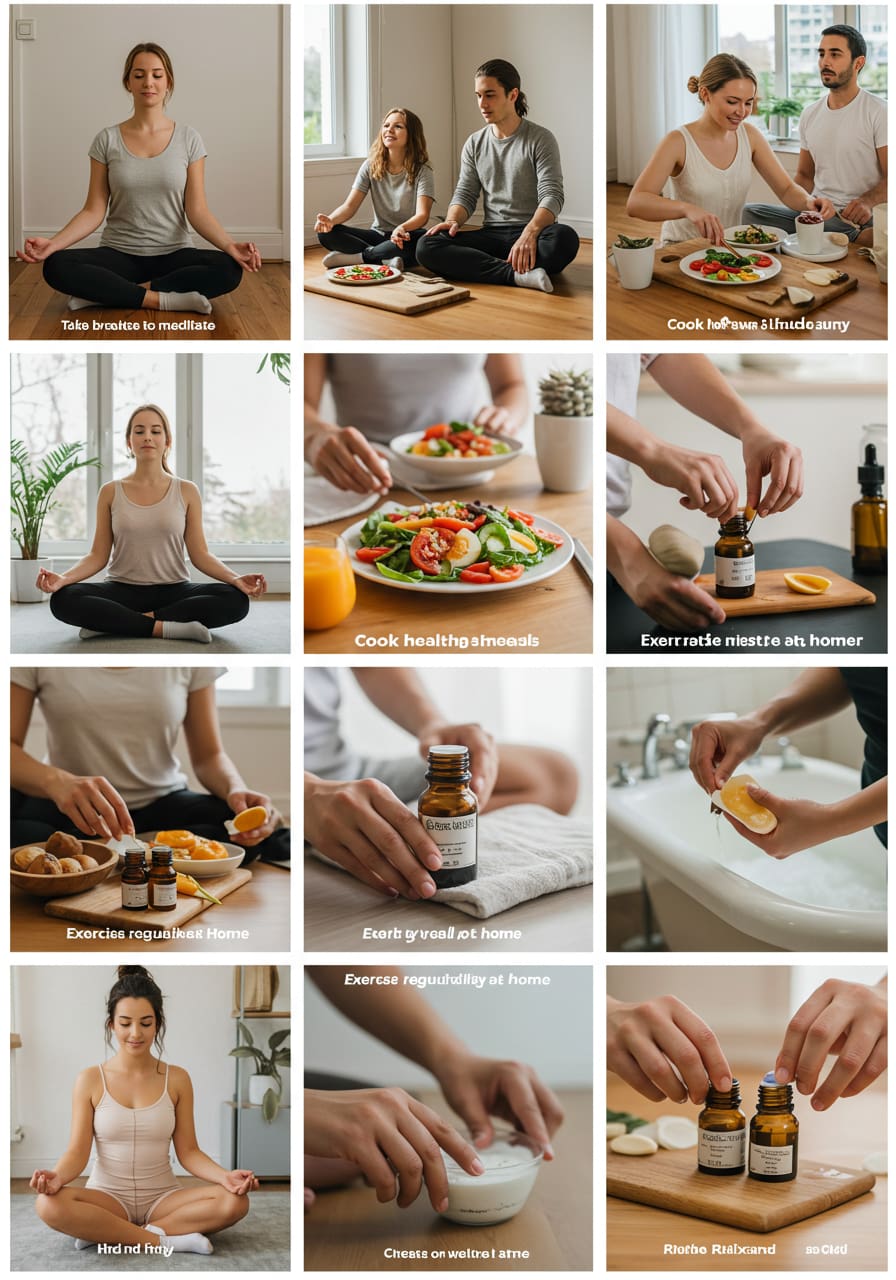
Holistic Health and Wellness Practices for Busy Professionals
In today’s fast-paced world, many professionals find themselves overwhelmed by long work hours, deadlines, and constant connectivity. Amid this hustle, physical and mental health often takes a backseat. However, holistic wellness—an approach that considers the mind, body, and spirit—is not just for those with spare time. Even the busiest individuals can incorporate small, effective changes into their daily routines to stay energized, focused, and balanced. This guide offers simple and practical holistic health and wellness practices tailored specifically for busy professionals.
Prioritize Quality Sleep
Sleep is the foundation of all wellness. It impacts your memory, immunity, productivity, and emotional health.
Sleep wellness tips:
-
Aim for 7–8 hours of uninterrupted sleep
-
Stick to consistent sleep and wake times
-
Limit screen time 1 hour before bed
-
Create a dark, cool, and quiet environment
-
Use calming rituals like reading or herbal teas to wind down
Prioritizing sleep improves mental clarity, mood, and physical recovery.
Start Your Day with Intent
How you begin your day sets the tone for everything that follows.
Morning rituals to include:
-
5–10 minutes of meditation or deep breathing
-
Light stretching or yoga to wake the body
-
Drinking warm lemon water to rehydrate
-
A healthy breakfast with protein and fiber
-
Reviewing your goals or journaling intentions
A mindful morning helps you stay grounded and focused throughout the day.
Move Your Body—Even Briefly
You don’t need to spend hours at the gym. Daily movement keeps energy high and stress low.
Easy ways to stay active:
-
10-minute desk stretches between meetings
-
Walk during lunch breaks or phone calls
-
Take the stairs instead of the elevator
-
Do short home workouts (HIIT or yoga)
-
Stand up and stretch every 45–60 minutes
Regular movement improves posture, mood, and metabolism.
Eat Mindfully and Nourishingly
What you eat directly impacts your focus, mood, and energy.
Holistic eating tips for busy lives:
-
Choose whole foods over processed snacks
-
Prep meals ahead for the week (batch cooking)
-
Keep healthy snacks like nuts, fruit, and yogurt at work
-
Eat slowly, without screens, to improve digestion
-
Stay hydrated—drink at least 6–8 glasses of water daily
Food is fuel. Choosing quality meals boosts both productivity and wellness.
Practice Digital Detox
Constant screen time causes fatigue, stress, and sleep disruption. Unplugging is essential for mental clarity.
Simple digital detox strategies:
-
Schedule screen-free hours each day
-
Turn off non-urgent notifications
-
Avoid using your phone 30 minutes before bed
-
Take regular screen breaks using the 20-20-20 rule (every 20 minutes, look at something 20 feet away for 20 seconds)
-
Designate tech-free zones (like the dining table or bedroom)
Reducing digital clutter improves mental focus and emotional well-being.
Breathe Deeply and Often
Deep breathing instantly reduces stress and improves oxygen flow.
Quick breathing exercises:
-
Box breathing: Inhale for 4 seconds, hold 4, exhale 4, hold 4
-
4-7-8 method: Inhale 4, hold 7, exhale 8 (great before sleep)
-
Alternate nostril breathing: Calms and balances the mind
Even 2 minutes of focused breathing during a work break can reset your mood.
Meditate to Manage Stress
Meditation is a powerful tool for mental clarity and emotional resilience.
Easy ways to meditate:
-
Use apps like Headspace or Calm for 5–10 minute guided sessions
-
Focus on your breath for 2–3 minutes between tasks
-
Practice mindfulness while walking or eating
-
End your day with a gratitude or body-scan meditation
Regular meditation lowers anxiety, improves decision-making, and strengthens focus.
Stay Hydrated
Hydration affects your energy, skin, and mental performance.
Hydration hacks:
-
Start your day with a glass of water
-
Carry a reusable bottle and refill regularly
-
Flavor water with lemon, cucumber, or mint
-
Use apps or reminders to track water intake
Drink consistently throughout the day to avoid fatigue and headaches.
Set Clear Work-Life Boundaries
Boundaries prevent burnout and protect your personal well-being.
Healthy boundary-setting strategies:
-
Define work hours—and stick to them
-
Avoid checking emails during personal time
-
Create a designated workspace
-
Use “Do Not Disturb” settings after work hours
-
Communicate your availability clearly to coworkers
Boundaries give you space to rest, connect, and recharge.
Cultivate Emotional Awareness
Checking in with your emotions helps prevent overwhelm and improves resilience.
How to stay emotionally balanced:
-
Journal your feelings at the end of the day
-
Name your emotions rather than ignoring them
-
Talk to a trusted friend or counselor when needed
-
Practice self-compassion during hard times
-
Celebrate small wins and progress
Emotional health is a key part of holistic well-being.
Connect with Nature
Time in nature reduces stress hormones, boosts immunity, and clears the mind.
Nature-friendly practices:
-
Take a 10-minute walk outdoors during lunch
-
Open a window to let in fresh air and natural light
-
Place a plant on your desk
-
Go hiking or visit a park on weekends
-
Ground yourself barefoot in grass or soil (earthing)
Nature restores your energy and offers peace away from screens.
Use Herbal and Natural Remedies
Herbal support can complement your wellness goals without synthetic ingredients.
Helpful natural options:
-
Chamomile or lavender tea for relaxation
-
Ashwagandha for stress balance
-
Peppermint oil for headaches
-
Ginger and turmeric for inflammation
-
Magnesium for muscle recovery and sleep
Always consult a doctor or holistic health professional before trying new supplements.
Maintain Social Wellness
Healthy relationships are vital for emotional and mental health.
Social wellness practices:
-
Make time for coffee or a call with friends
-
Join interest-based groups or classes
-
Practice active listening and open communication
-
Set boundaries with energy-draining relationships
-
Express gratitude to loved ones
Connection reduces loneliness and strengthens your support system.
Schedule Regular Self-Care
Self-care is not selfish—it’s essential.
Quick self-care ideas for professionals:
-
Take a relaxing bath or shower
-
Read or listen to a favorite podcast
-
Unplug for an hour with music or silence
-
Treat yourself to a nourishing meal
-
Reflect in a journal or draw something creative
Protect time for activities that recharge you mentally and emotionally.
Reevaluate Your Priorities
A busy schedule doesn’t always mean a fulfilled life.
How to assess alignment:
-
Write down your top 5 values
-
Compare your weekly schedule to those values
-
Identify where time is being drained unnecessarily
-
Eliminate, delegate, or streamline non-essential tasks
-
Focus more on what aligns with your personal and professional goals
Living in alignment reduces inner conflict and increases fulfillment.
Conclusion
Holistic health isn’t about overhauling your life overnight—it’s about making small, sustainable choices that honor your body, mind, and spirit. Even the busiest professionals can incorporate daily wellness habits like mindful eating, short meditations, digital detoxes, or evening wind-downs. With intention and consistency, these practices will help you thrive—not just survive—in your fast-paced life.
Sign up with your email and always get notifed of zerodevicesnet Lifestyles latest news!






